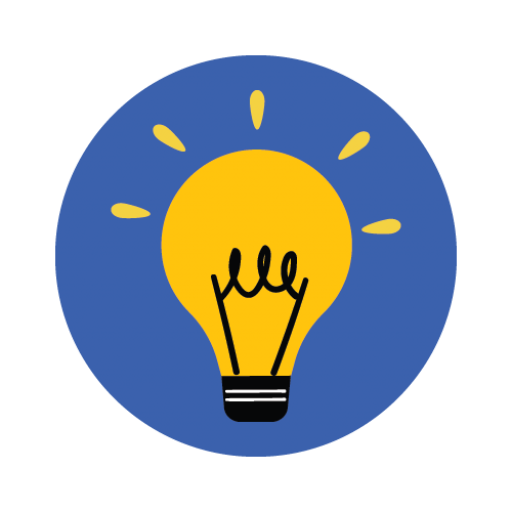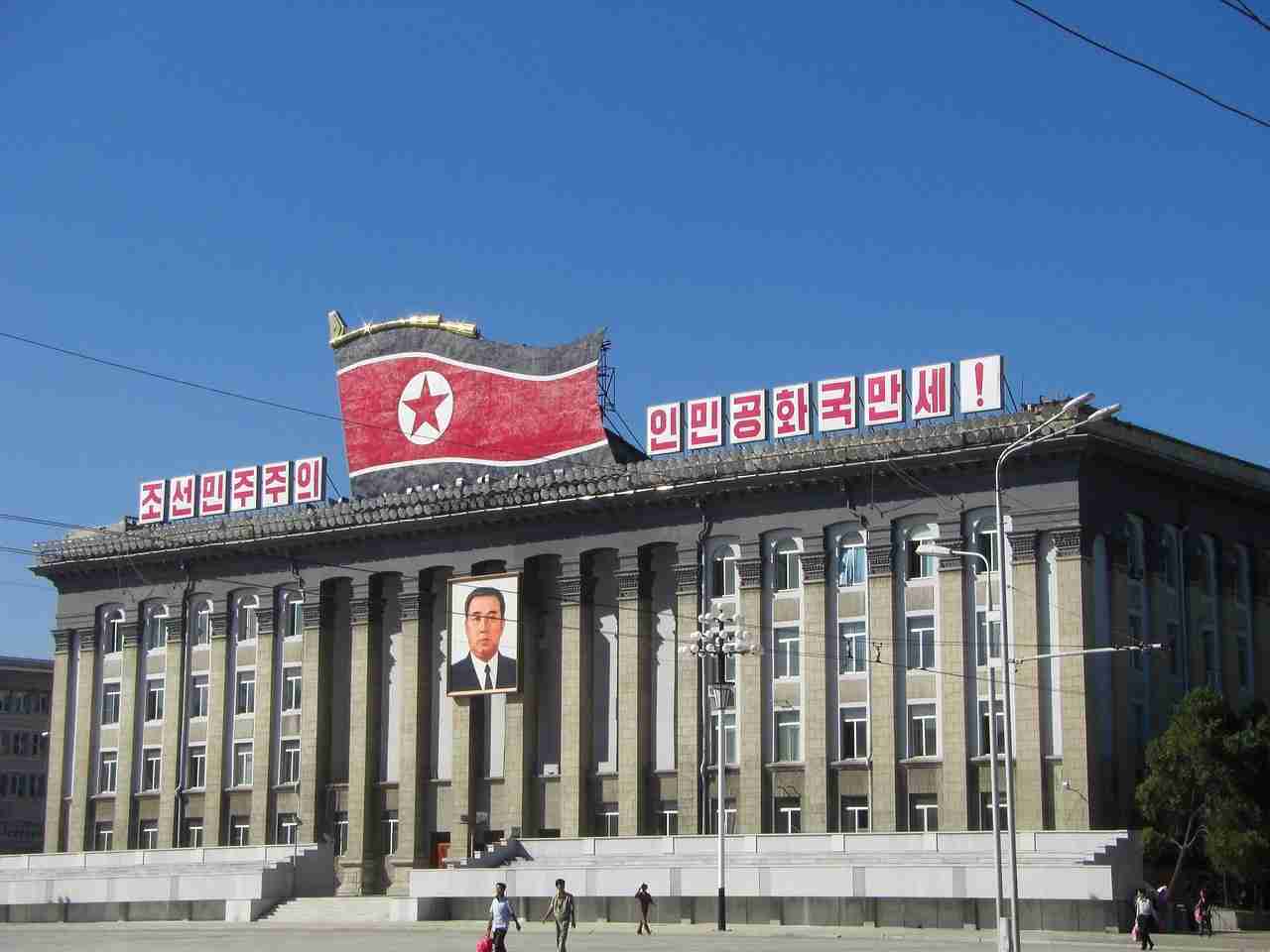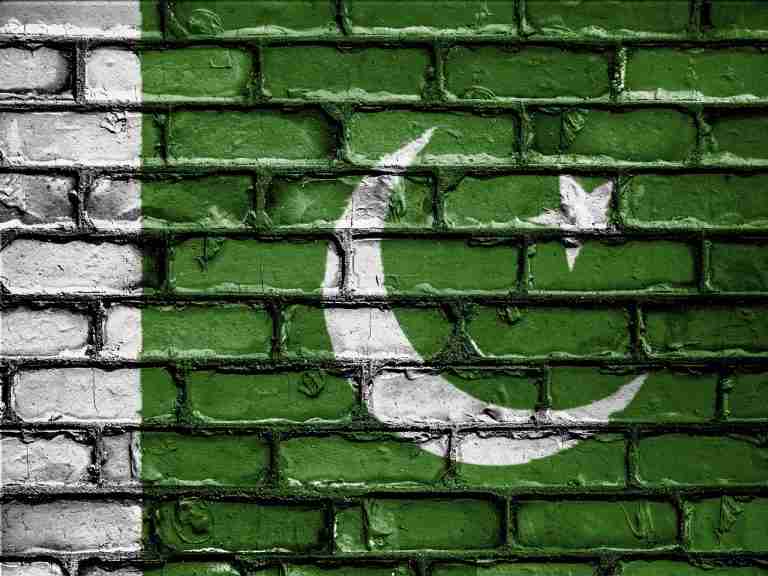27 Fun Facts About North Korea That You Didn’t Know
1. North Korea has a policy called Juche, which encourages Self-Reliance.
This policy is based on the idea that the North Koreans are self-reliant. The government provides citizens with everything they need to be independent. This includes food, housing, and medical care.
2. In 2016, North Korea claimed to invent a hangover-free beer.
In 2016, North Korea asserted they created a hangover-free beer, but scepticism surrounds the legitimacy of this claim.
Widely regarded as dubious, the global community remains unconvinced, considering North Korea’s history of making exaggerated statements about its achievements.
Despite the bold announcement, there is little concrete evidence or widespread acknowledgment of this purported innovation, raising doubts about the authenticity of the hangover-free beer.
3. North Korea has the World’s Largest Standing Army.
North Korea’s military strength is unparalleled, with over 1.2 million active soldiers, making it the world’s largest standing army.
Additionally, a substantial reserve force of over 7 million allows for a prompt mobilization of a significant fighting force. This military prowess shapes the nation’s geopolitical landscape.
4. Kim Jong-un is the Current Leader of North Korea.
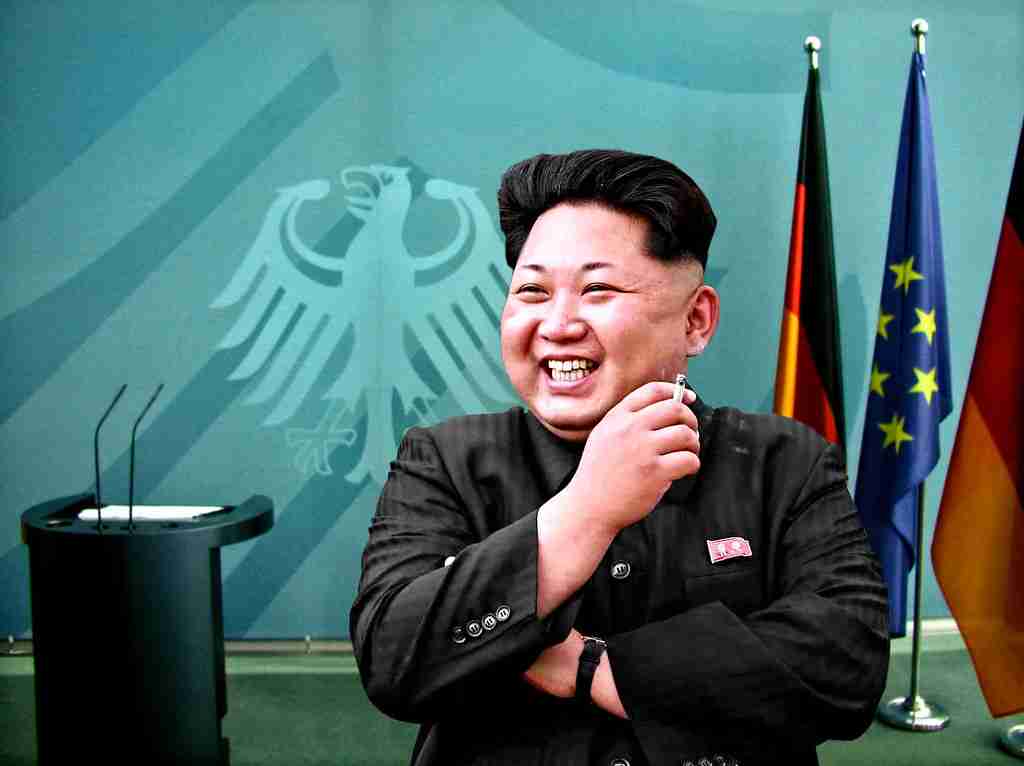
Kim Jong-un is the current leader of North Korea. He took over from his father, Kim Jong II, in 2011 at the age of 27. This made him the youngest head of state in the world at the time.
Kim Jong-un has since attempted to improve the country’s economy and relations with the international community.
5. North Korea has an All-Female Music Group called Moranbong.
Kim Jong Un, the head of state of North Korea, picked the girl ensemble known as the Moranbong Band, or Moran Hill Orchestra.
The band, which is composed of some of the most stunning and gifted women in North Korea, presents a fascinating fusion of cultural influences by expertly fusing Western pop tunes with traditional North Korean music.
6. North Korea is One of the Most Closed Countries in the World.
North Korea is well-known for being one of the most secretive and isolated countries in the world, which can make it challenging to learn about what is happening there.
Despite the country facing many challenges, from economic struggles to political tensions with other nations, North Korea remains a fascinating and enigmatic nation that continues to capture the world’s attention.
7. North Korea’s GDP Per Capita is just $1,800.
In North Korea, the GDP per capita is relatively low. The average citizen does not have a lot of disposable income.
8. The Official Currency of North Korea is the Won.
North Korea’s official currency is the Korean People’s Won (KPW). The won was introduced in 1947, replacing the hwan at a rate of 1 won = 100 hwan. The second DPRK won was introduced in 2009, with an exchange rate of 100 old won = 1 new won.
9. The Pyongyang Metro is one of the deepest in the world.
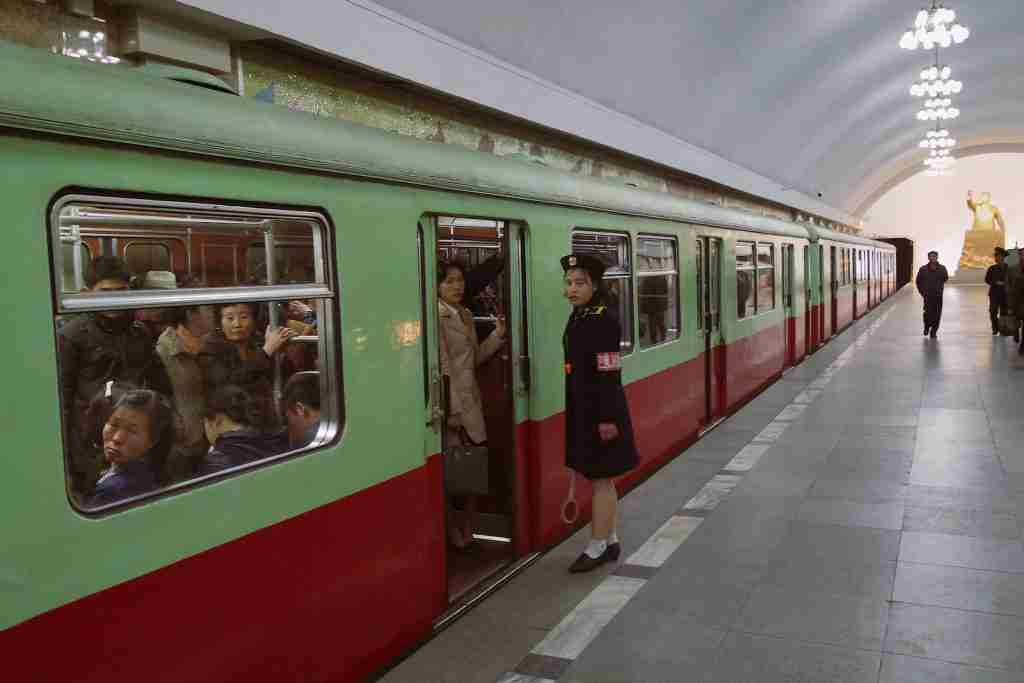
The Pyongyang Metro is one of the deepest in the world, and it’s believed to be up to 200 meters deep in some places. It is believed that this is because the government wants to protect its citizens from a nuclear attack.
The metro system is also used as a shelter for government officials in the event of an attack.
10. The Bible, seen as a symbol of Western culture, is prohibited in North Korea.
In North Korea, the Bible is banned, considered a symbol of Western culture, and is prohibited to prevent the influence of foreign ideologies.
The authoritarian regime led by the Kim dynasty strictly controls information to maintain ideological conformity among its citizens.
This restriction reflects the government’s efforts to eliminate potential challenges to its authority and ensure that only the state-sanctioned ideology is followed.
11. Blue jeans are banned in North Korea.
In North Korea, blue jeans are prohibited, as they are viewed as a symbol of the American way of life, considered an ideological threat by the authoritarian regime.
The ban is part of the government’s broader strategy to limit exposure to Western culture and ideals.
By restricting the use of blue jeans, North Korea aims to reinforce ideological conformity and prevent the adoption of foreign influences that could challenge the regime’s authority.
12. North Korea has its space agency, the National Aerospace Development Administration (NADA).
The National Aerospace Development Administration NADA was established in 2013 to promote the country’s aerospace industry.
NADA is responsible for North Korea’s space program, including its rocket launches and satellite research.
13. North Koreans are Not Allowed to Travel Abroad without Permission from the Government.
North Koreans cannot travel abroad without permission from the government. If they wish to go overseas, they must first obtain a visa from the authorities.
Those who are caught trying to leave the country without permission can be subject to punishment, including imprisonment.
14. North Korea has its Own Unique Calendar that is Based on its Leader’s Birth Year (1912).
North Korea has a unique calendar that is based on its leader’s birth year. This calendar, known as the Juche calendar, was introduced in 1997 and is used alongside the Gregorian calendar.
The Juche calendar counts years starting from 1912, when North Korea’s founder, Kim Il Sung, was born. Each year is divided into 13 months, each consisting of 28 days.
15. Internet Access is Strictly Regulated by the Government, and only Certain Individuals are Allowed Access to it.
North Korea has a relatively new intranet, which was only established in 2014.
It is not connected to the World Wide Web and only has around 28 websites. These websites are all government propaganda sites or state-run media outlets.
16. North Korea uses state-controlled media for propaganda, spreading political views and policies.
North Korea is known for its extensive propaganda machine that disseminates information about the country’s achievements while glorifying the Kim dynasty.
This propaganda machine also works to brainwash the population and keep them isolated from the outside world, making it challenging to learn about the country’s true nature.
17. North Korea’s Capital City is Pyongyang, and it is the Largest City in the Country.
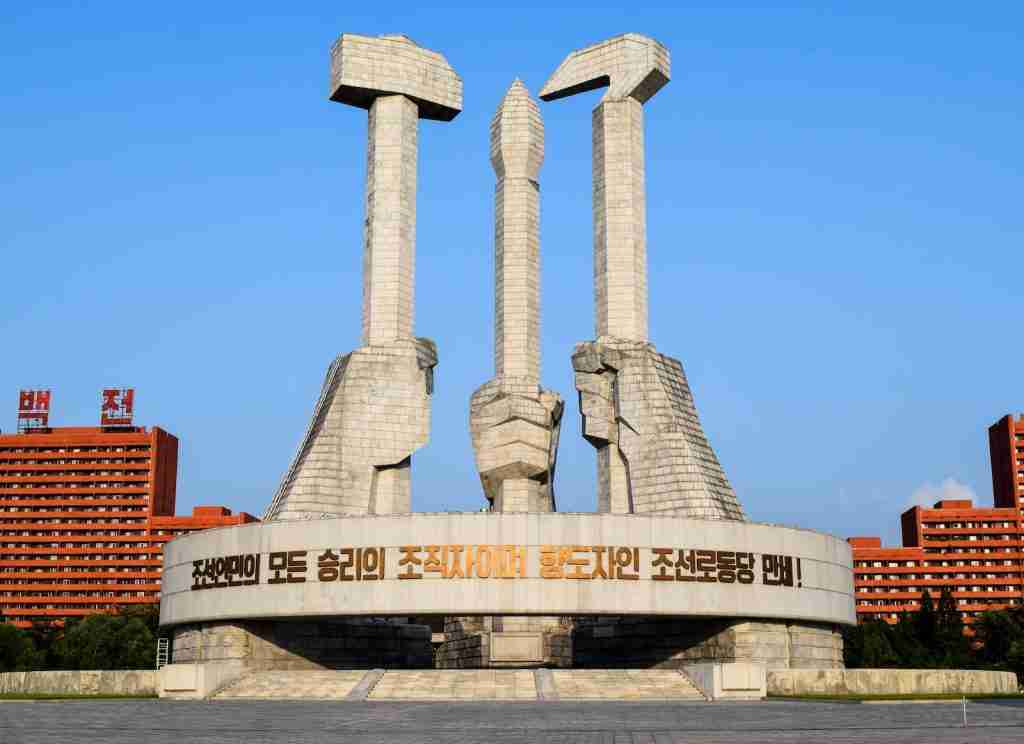
It is the largest city in the country, and its streets are lined with towering skyscrapers. The city is home to over two million people and a bustling metropolis full of energy and excitement.
18. The Country has a De Facto National Religion called Juche.
Juche is based on the ideological principles of self-reliance and self-sufficiency. President Kim Il Sung, the founding father of the DPRK, formulated Juche’s ideology.
Juche has two main components: looking to oneself for everything and valuing one’s labour and creativity.
19. In North Korea, citizens rely on government-issued rations for survival.
The dietary restriction system first put in place during the North Korean famine is still in effect today. On average, citizens are only allotted 1840 calories per day.
This power struggle between the people and the government has played out for decades, with no end in sight.
20. In 2013, North Korea Declared Itself a Nuclear State.
This action defied international calls for restraint and indicated North Korea was willing to stand up to the international community.
North Korea has been steadily increasing its nuclear capabilities in recent years, and this move was seen as a major step forward in its efforts to become a fully-fledged nuclear power.
21. North Korea has one of the world’s largest labour camp networks, detaining political prisoners and others.
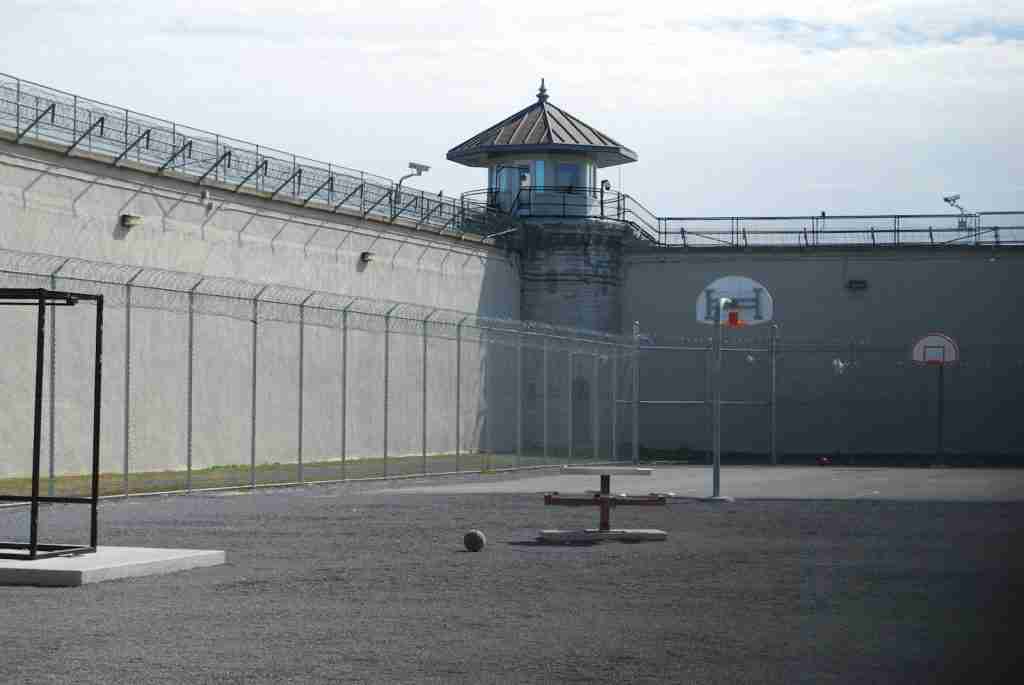
These camps are carefully organized and provide a steady source of forced labour for the country. Conditions in these camps are often brutal, and prisoners are treated as little more than slaves.
Despite the horrific conditions, many North Koreans continue to be sent to these camps each year.
22. It’s illegal to fold the leader’s face in newspapers; he appears on every page.
In North Korea, it is against the law to fold the leader’s face in newspapers, as the omnipresent images of the leader on every page are considered sacred and must be treated with utmost respect.
The strict prohibition reflects the regime’s emphasis on maintaining a cult of personality around its leader, ensuring that any representation of their image is handled with reverence.
23. North Korea is One of the Few Countries in the World with a Songbun System.
North Korea employs a unique social stratification system called Songbun. Songbun determines a person’s place in North Korean society and influences their access to education, employment, and necessities like food and housing.
Few other countries in the world still utilize a stratification system like this.
24. Electricity is scarce in North Korea; most households have only a few hours of power daily.
In North Korea, electricity is scarce, with most households experiencing only a few hours of power each day. The limited availability of electricity underscores the challenges faced by the country in meeting its energy needs.
This situation has widespread implications for citizens’ daily lives, affecting everything from basic household activities to access to technology.
25. North Korea is a communist country.
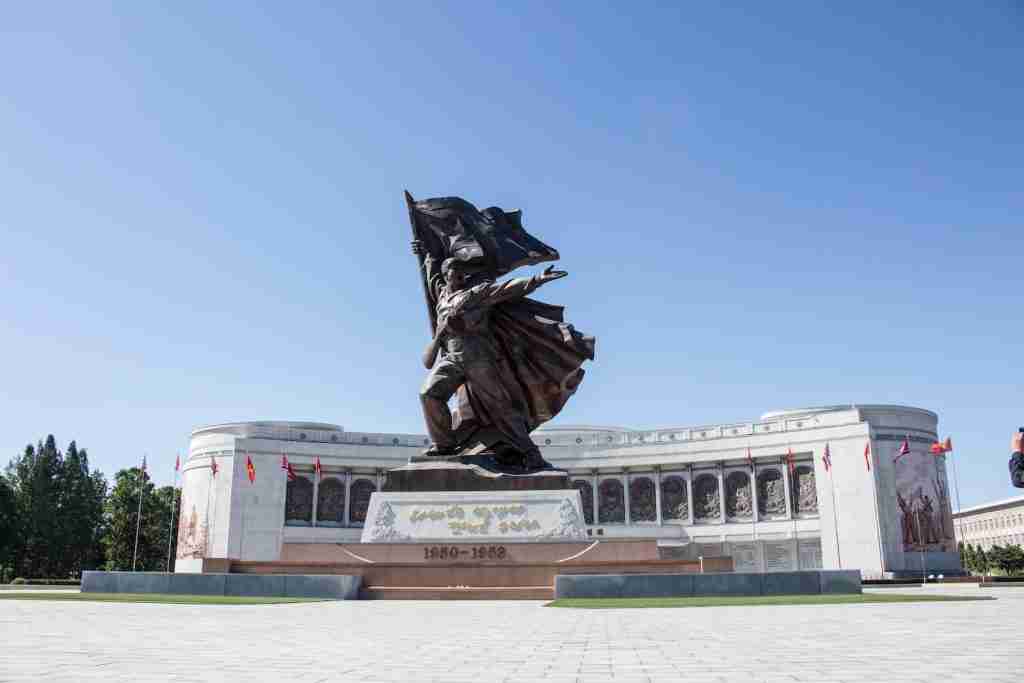
North Korea stands among a small group of countries that still follow communism, where the government has a strong grip on power. This group also includes China, Cuba, Vietnam, and Laos.
Even though North Korea has its unique way and doesn’t officially call itself communist now, it operates under a system where just one party is in charge of the major decisions, much like the other communist countries.
26. In North Korea, the government dictates haircut styles.
In North Korea, citizens must adhere to the government’s strict hairstyle regulations. There are 28 approved haircuts. Women have 18 choices, and men have 10.
The rules state that unmarried women can only have short, above-the-shoulder haircuts, while married women may have slightly more diversity with the option of curls and modestly longer lengths.
For men, hair cannot exceed 2 inches unless they are seniors over 60, who are allowed up to 3 inches. Young men, in particular, must get haircuts every 15 days, reinforcing the state’s preference for short hair in the name of health and uniformity.
27. North Korea is officially an atheist state.
North Korea is an atheist state, where the government does not endorse any religion. The Korean leader and the ruling party promote the Juche philosophy, which centres on self-reliance and has elements drawn from Marxism and traditional Korean culture.
Although the state maintains a stance of atheism, under the surface, practices like Shamanism, Christianity and Buddhism persist among the people, carried on in private due to the country’s strict religious policies.
FAQS
Yes, North Koreans are allowed to leave the country, but they must obtain special permission from the government. They may be arrested or sent to a labour camp if they leave without permission.
Yes, North Korea has a reliable electricity grid. However, the country cannot import the necessary fuel supplies to meet its citizens’ needs due to sanctions and other economic restrictions. This has led to frequent power outages and blackouts.
Yes, tourists are allowed into North Korea if a government-approved tour guide accompanies them. However, there are some restrictions on what tourists can see and do.
Yes, Americans are allowed to go to North Korea. However, the US government strongly advises against it, as there is a risk of arrest or detainment. If you are considering travelling to North Korea, it is important to be aware of these risks and make an informed decision.
Alcohol is forbidden in North Korea due to the country’s strict religious beliefs. The sale and consumption of alcohol are prohibited by law, as the government believes it can lead to moral corruption and social disorder.
North Korea doesn’t have a president; the nation is governed by a Supreme Leader, which is a title currently held by Kim Jong-un, the Korean leader.
